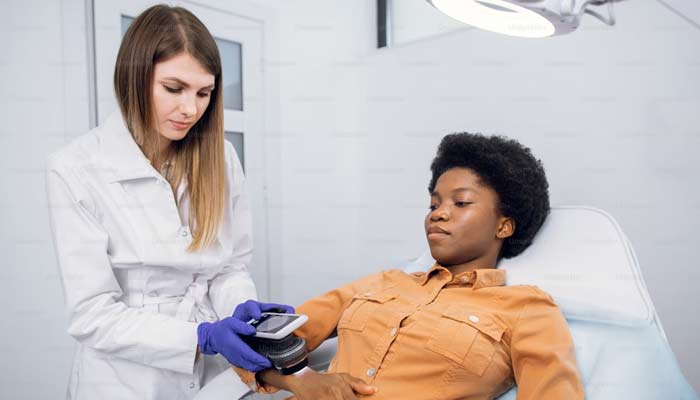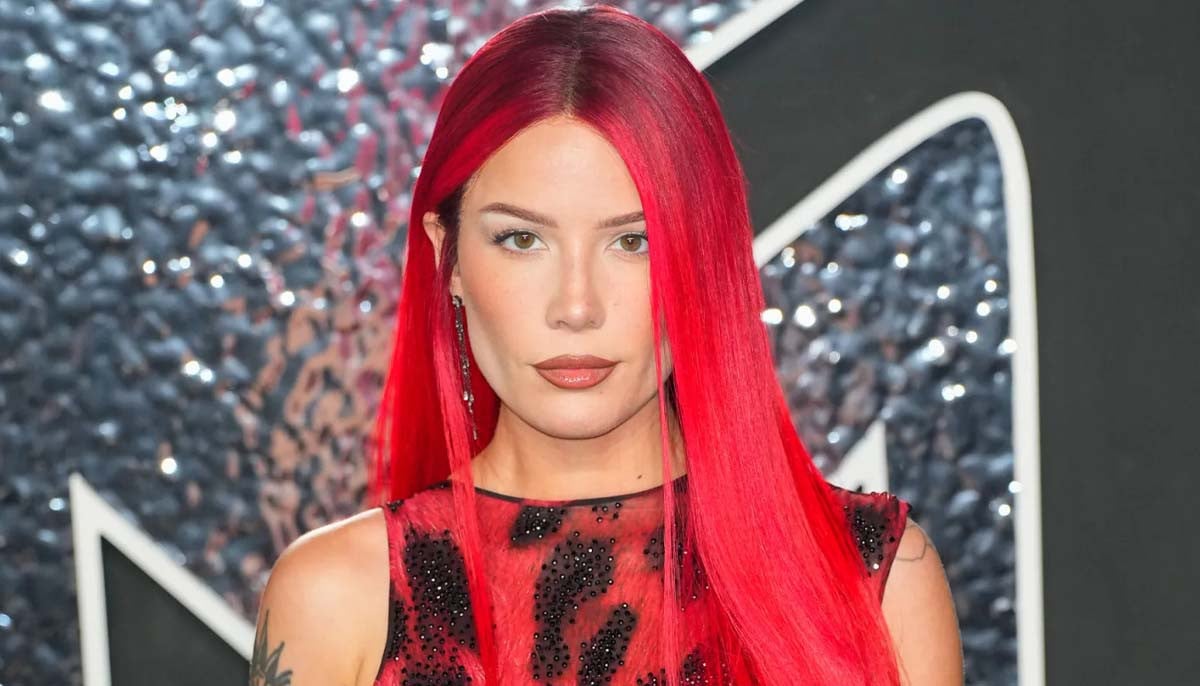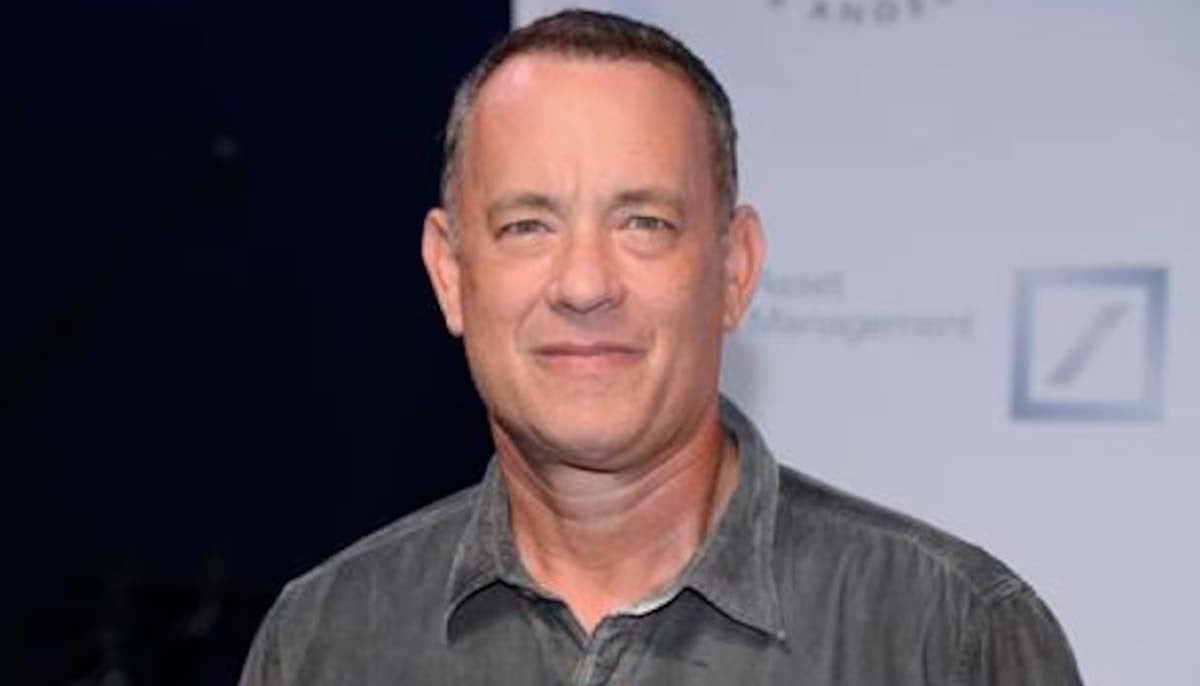Cancer can be detected by AI?
Drop of dried blood, AI likely to be new future of cancer detection
A single piece of dried blood could be all that is needed for a new AI-powered test that can swiftly and effectively identify three main forms of cancer one day.
In early trials, the instrument demonstrated the ability to discriminate between those without cancer and those with confirmed pancreatic, gastric, or colorectal cancer and the analytic process took only a few minutes, according to Live Science.
As per the researchers, the test might determine a patient's cancer status 82% to 100% of the time by identifying specific molecules in their blood.
The new tool analyses metabolites — byproducts of metabolism — in blood samples using machine learning, a subset of artificial intelligence (AI).
These metabolites, which are present in serum, the liquid part of blood, function as "biomarkers" that may indicate the existence of cancer in the body.
It has been suggested that screening for these blood biomarkers could be a useful method of diagnosing cancer in its early stages when survival chances are higher with no obvious symptoms.
There are currently no stand-alone blood tests that are reliable enough to diagnose pancreatic, colorectal, or stomach cancers on their own, despite the fact that these are some of the deadliest tumours in the world.
Rather than this, medical professionals typically use imaging or surgery to find malignant tissue.
In theory, less than 0.05 millilitres of blood would be needed for the proposed test to diagnose these illnesses.
The Chinese scientists who created the test detailed the results in a study published Monday in the journal Nature Sustainability.
-
NHS warning to staff on ‘discouraging first cousin marriage’: Is it medically justified?
-
Ariana Grande opens up about ‘dark’ PTSD experience
-
Dakota Johnson reveals smoking habits, the leading cause of lung cancer
-
Chris, Liam Hemsworth support their father post Alzheimer’s diagnosis
-
Tom Hanks diabetes 2 management strategy laid bare
-
Catherine O’Hara becomes beacon of hope for rectal cancer patients
-
FDA sends 'refusal-to-file' to Moderna over new flu vaccine
-
Cure flu with theses two golden foods












